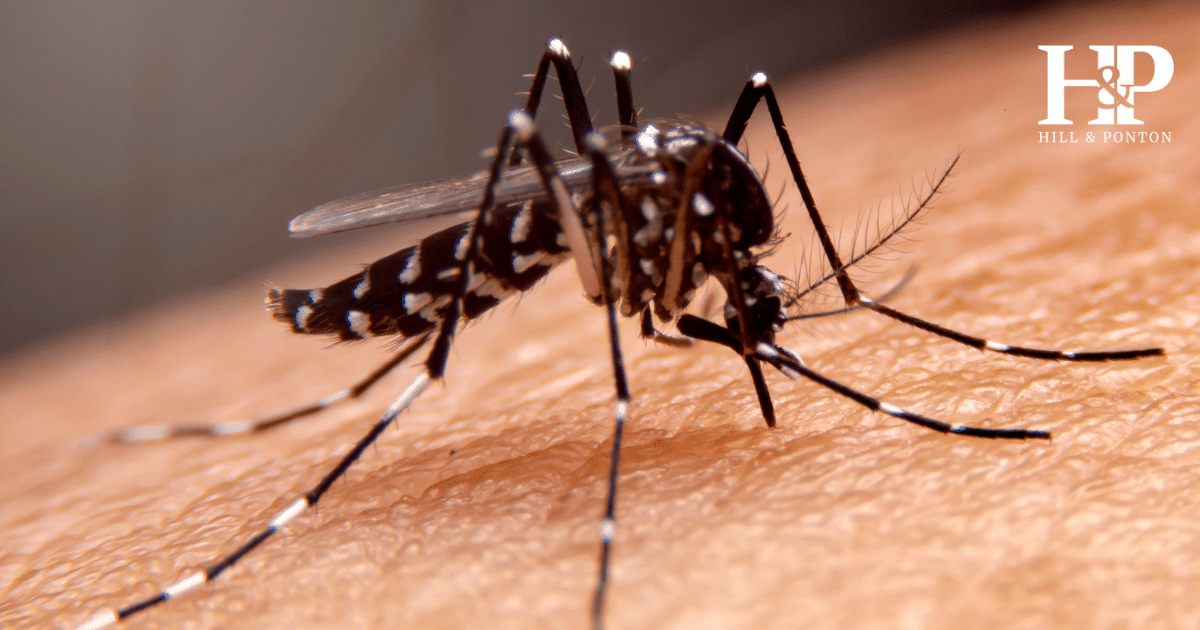Veterans who served in Operation Enduring Freedom (OEF) and Operation Iraqi Freedom (OIF) were exposed to various environmental hazards. More specifically, these veterans were exposed to airborne hazards that were both naturally occurring and manmade. Naturally occurring airborne hazards would be things like dust from sandstorms. Manmade airborne hazards are the result of military activities, vehicle exhaust, fuel combustion, construction activity, fires, and emissions from local industries. One of the biggest airborne hazards Gulf War veterans were exposed to is particulate matter. Particulate matter is a mixture of very small particles and liquid droplets and is made up of things such as acids, organic chemicals, metals, and soil or dust particles.
Sources of Particulate Matter
Particulate matter can occur because of naturally occurring circumstances, or because of manmade circumstances. A good example of naturally occurring circumstances that produce a risk for exposure to particulate matter is a sandstorm. Manmade factors that can increase the hazard associated with particulate matter include things such as oil well fires and burn pits.
- Sandstorms: Levels of particulate matter in Southwest Asia are naturally higher than the levels of particulate matter found worldwide. Combine this with the desert landscape of Southeast Asia, and you get a potential for significant exposure to particulate matter.
- Oil Well Fires: During the first Gulf War, there were around 700 oil wells in Kuwait set on fire by the retreating Iraqi army. The result? Smoke and soot that was visible from as far away as space. Gulf War veterans may have been exposed to the smoke from these oil well fires by inhalation or ingestion.
- Burn Pits: These were used to dispose of waste in Iraq, Afghanistan, and Djibouti. Burn pits are responsible for releasing toxic substances into the air that can be inhaled and/or ingested
Health Risks & Particulate Matter
Small particles generally enter the body through the nose and throat. Once the particles enter the body, they can affect the heart and lungs causing serious health problems. Exposure to particulate matter can affect different body systems such as:
- Respiratory
- Cardiopulmonary
- Neurological
- Autoimmune
- Skin
Temporary symptoms related to exposure to particulate matter include the following:
- Irritation of the eyes, nose, and throat
- Coughing
- Phlegm
- Chest tightness
- Shortness of breath
- Unusual fatigue during periods of elevated particulate matter pollution
Overall, Gulf War veterans that were exposed to airborne hazards, such as particulate matter, report higher rates of common respiratory illnesses like asthma and emphysema, along with rarer lung conditions. There are also studies that show Gulf War veterans that were subject to frequent exposures to airborne hazards reported increased problems such as insomnia and high blood pressure. Additionally, some of the chemicals found in particulate matter caused by oil well fires and burn pits are associated with different cancers.
There are multiple variables that affect the nature and likelihood of health problems associated with particulate matter exposure. These variables include:
- Size of the particulate matter: Particle size is directly linked to the potential for causing health problems. Larger particles can irritate the eyes, nose, and throat, but are not as much of a concern as smaller particles.
- Chemical make-up of the particulate matter: The more toxic the chemical, the more dangerous the exposure to the particulate matter is. For example, the chemicals found in particulate matter from burn pits and oil well fires are often times extremely toxic.
- Concentration levels: The more concentrated the level of particulate matter is, the more risk there is for health problems.
- Duration of exposure: Long-term exposure has been linked to health problems such as reduced lung function, chronic bronchitis, and even premature death. Short-term exposure has been linked to health problems such as aggravation of lung disease (such as asthma attacks and acute bronchitis), an increased susceptibility to respiratory infections, and heart attacks in those people with heart disease.
- Personal factors: such as age, health status, existing medical conditions, and genetics
Particulate Matter and Your VA Disability Claim
When filing a claim for VA disability benefits related to exposure to airborne hazards such as particulate matter, the VA will want to verify the exposure. Because service records are often incomplete and might not verify all incidents of exposure, it may be necessary to submit alternative evidence when filing a claim. Examples of such evidence include:
- Personal statements
- Buddy statements
- Unit histories
- News articles
If the evidence is consistent with the facts, places, and circumstances of the veteran’s service then exposure should be verified, or at least conceded by the VA.
Currently, there are no presumptive conditions related to exposure to airborne hazards. While there are many studies that suggest a link between airborne hazards and certain medical conditions, the VA has not adopted any study as being conclusive. However, research is on-going and may shed new light on the health effects caused by exposure to particulate matter. The VA established the Airborne Hazards and Open Burn Pit Registry in order to gather information regarding airborne hazards and health effects. Veterans who were deployed in the Southwest Asia Theater of Operations after August 2, 1990 and those who have been deployed to Afghanistan or Djibouti after September 11, 2001 can use this registry to report their exposures to airborne hazards such as smoke from burn pits, oil-well fires, or pollution during employment.


